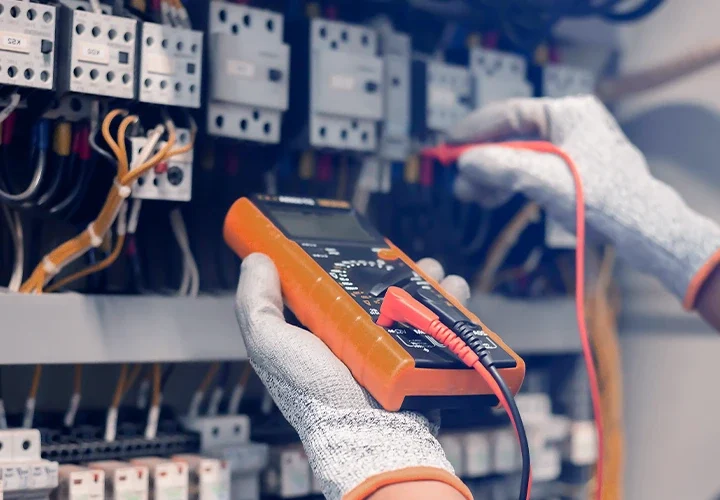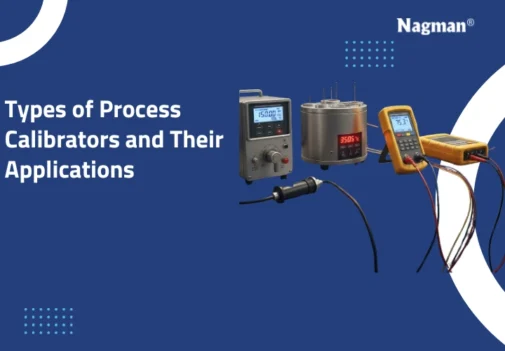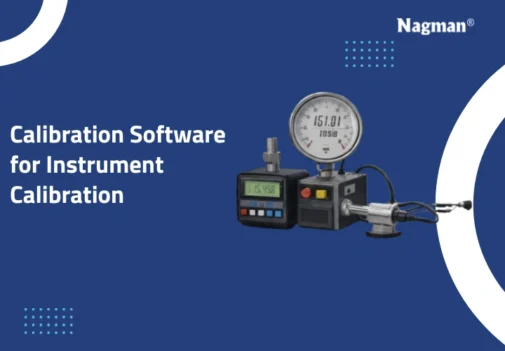Manufacturing calibration ensures the accuracy and consistency of measuring tools by comparing them to reference calibrating equipment and making adjustments as needed. The basic importance of calibration is that it preserves measurement precision, uniformity, and repeatability, ensuring accurate standards and results. Measurement instruments that are not calibrated regularly might need to be revised, offer erroneous readings, and endanger quality, safety, and equipment longevity. Regarding the accuracy and quality of a process or completed product, accuracy in manufacturing is a critical parameter. So, what is the significance of calibration? Let’s take a look!
Why are Accuracy and Quality Critical in Manufacturing?
The performance and safety of the completed product are the most essential reasons why accuracy and quality are vital criteria in manufacturing industries. Inaccurate components, those that fall outside of the acceptable tolerance, cannot be utilised since the possibility of their operating is extremely low. In addition to quality, performance, and safety, incorrectly made items generated by uncalibrated machinery might result in the following:
- High reject rates – Improperly calibrated machinery causes inefficient production and waste of materials. If your quality methods don’t reject incorrect items, your consumers will.
- Overruns in both cost and time – Many rejected components will necessitate either additional manufacturing to replace them or additional finishing operations to bring them up to standard. These regulations will increase manufacturing time and put deadlines at risk. They will also add fees to the process that cannot be passed on to the client.
- Make good on requirements – If faulty parts are provided late, the client may need more manufacturing at no additional expense or, worse, may opt to take their business elsewhere.
- Reputation damage – Dissatisfied clients may publish negative internet evaluations about your services, jeopardising your brand and your pipeline of new customers.
How Does Calibration Play a Role in Manufacturing?
How does calibration help, then? Calibration is critical in preventing the manufacture of faulty parts. Hence, the benefits of calibrating your gear and measurement equipment using temperature or pressure calibrators must be considered. Calibration has numerous sides in manufacturing, but in general, calibration is vital in these two core areas:
- Calibration of measurement instruments guarantees that your quality control systems are precise and that components that should be rejected are not accepted.
- Calibration for manufacturing machinery improves efficiency by assuring that equipment operates as planned. Unpredictable production outputs and faulty goods will arise from improperly calibrated equipment.
Apart from these, calibration has other benefits as well
- Enhance product confidence – During calibration, the findings of a measuring instrument are compared to a traceable reference device with a higher degree of accuracy. Any inconsistencies discovered can then be corrected. Manufacturers gain confidence that their equipment generates excellent products by assuring precision at every step of the manufacturing chain, which leads to consumer trust.
- Ensure safety and quality – Accurate measurement findings are crucial when considering the tension required within vital joints and fastenings on automobiles, aeroplanes, and heavy-duty machinery.
- Reduce costs and manufacturing errors – Since minimal measurement errors can add up to high costs, having precisely calibrated equipment helps decrease the chance of product defects and, as a result, costly repairs.
How Often Should Manufacturing Equipment Be Calibrated?
Callipers, for example, are one of the most often used hand tools in manufacturing. Because of their exact accuracy, these devices must be calibrated at least once a year. Due to their high use, torque wrenches should be calibrated at least once a year. Other factors to consider while determining the frequency of calibrations include: Is the instrument regularly dropped or banged? Is the instrument used in exceptionally hot, cold, humid, or damp conditions? If so, you should explore a more frequent calibration strategy. Fortunately, calibrations do not have to be time-consuming. Nagman is here to help.
The Role of Manufacturing Equipment Calibration in Quality Assurance
Manufacturing equipment calibration is critical for ensuring product quality, uniformity, and adherence to industry standards. Regular calibration reduces variances in machinery performance, enabling producers to avoid costly failures and rework. It also assures that the equipment provides precise measurements, which is critical in industries requiring high accuracy, such as pharmaceuticals, autos, and electronics. Calibration failure can have a long-term impact on both operational efficiency and brand reputation.
How can Nagman help?
Nagman offers a wide range of high-quality calibrators for all needs, whether signal or pressure calibrators. We provide our clients with standard maintenance to ensure accurate calibration, calibration testing, corrective maintenance, and other services that keep them in compliance with formal manufacturing requirements. Whether your equipment includes torque, temperature, dimensional, or electrical equipment, Nagman has years of experience to help you choose the right calibrator for your particular needs! Get the highest quality calibrators for better accuracy with Nagman!





